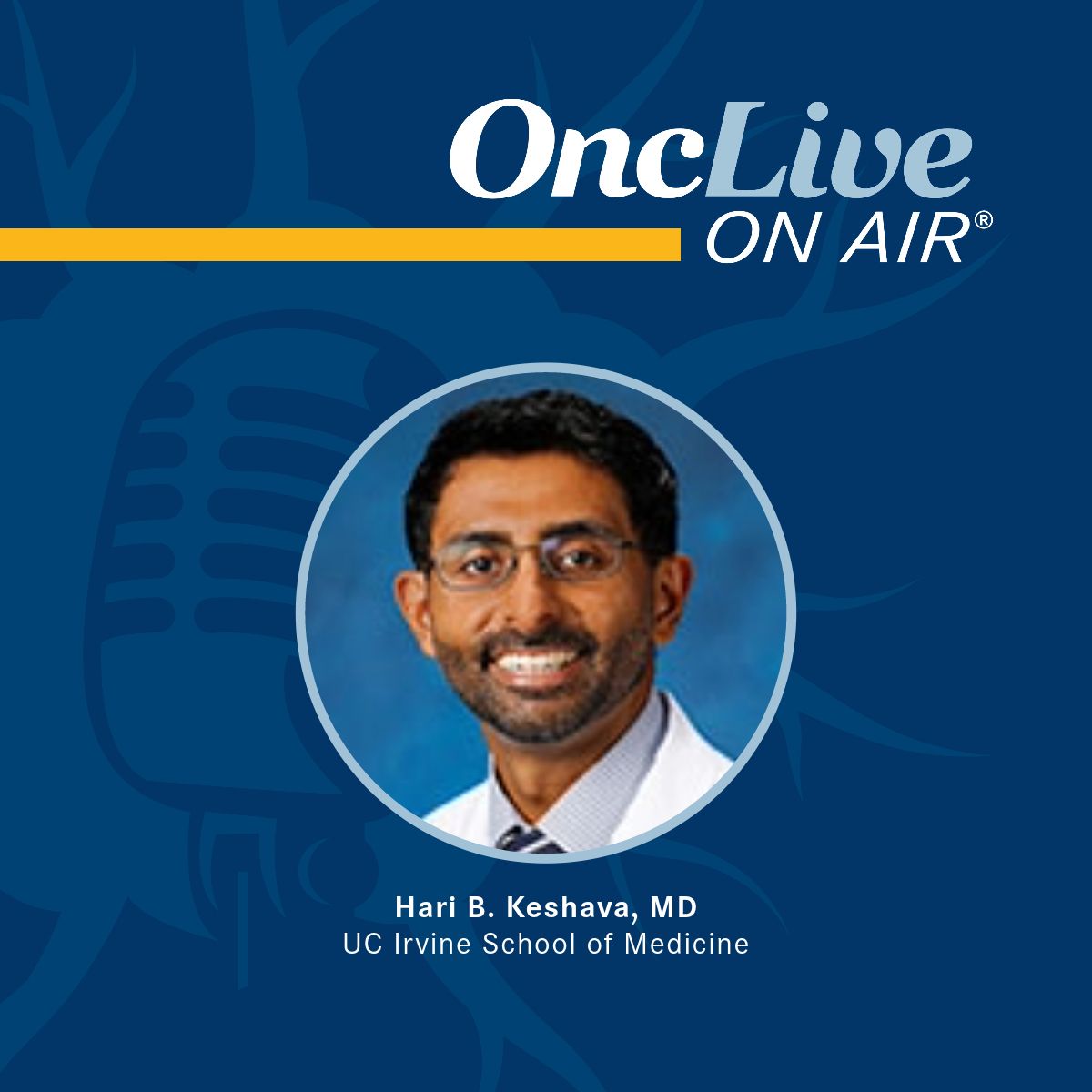Video
Dr. Ou on Investigational KRAS Inhibitors in Lung Cancer
Author(s):
Sai-Hong I. Ou, MD, PhD, professor, Division of Hematology/Oncology, Department of Medicine, University of California Irvine School of Medicine, discusses investigational KRAS inhibitors in lung cancer.
Sai-Hong I. Ou, MD, PhD, professor, Division of Hematology/Oncology, Department of Medicine, University of California Irvine School of Medicine, discusses investigational KRAS inhibitors in lung cancer.
There are 2 direct KRAS G12C inhibitors, including AMG 510 and MRTX849. Both compounds are covalent KRAS inhibitors that bind to the mutated glycine cystine. At this point, they only target G12C mutations, says Ou. By binding to G12C, the compounds try to shift the active form of KRAS to the inactive form. Preliminary data were presented on these agents at the 2019 ASCO Annual Meeting showing encouraging activity.
Additionally, there is a SHIP2 inhibitor that targets the GDP and GTP exchange factors. These inhibitors are not specific to KRAS G12C. Rather, they can target all the G12 mutations, including G12A, which is also in lung cancer, as well as G12D, and other mutations, says Ou.
Notably, KRAS is not limited to lung cancer. Even the KRAS G12 mutations are not limited to lung cancer. The SHIP2 inhibitor encompasses a broader spectrum of KRAS mutations. G12D mutations are typically found in invasive mucinous adenocarcinoma, the primary site of gastrointestinal origin. The 2 SHIP2 inhibitors that are currently in clinical trials include TNO155 and RMC-4630, data for which are expected by the end of 2019.









